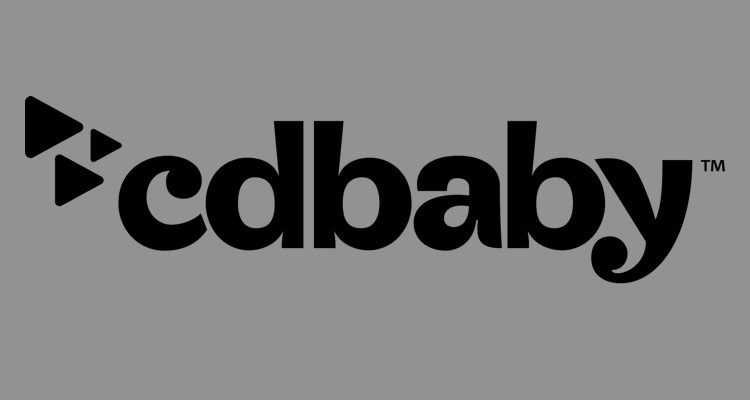Following an October layoff round and an April reorganization within its Downtown parent, CD Baby is getting out of the physical distribution game.
The Portland-headquartered distributor just recently detailed the operational pivot (which, despite the company’s name, will extend to vinyl and CDs alike) in a brief help-section post on its website. And while CD Baby didn’t appear to have acknowledged the development with a formal announcement at the time of this writing, some on social media are communicating that they received an email containing additional information.
On the help-section front, higher-ups have relayed in no uncertain terms that their company is “closing” its warehouse and “ending” its “physical distribution service.” Acts with products stored in said warehouse can opt to recycle the inventory – a seemingly less-than-ideal option, of course – or have the items shipped back to them “for a fee.”
“Shipping costs our standard rate per disc, depending on the method you choose,” elaborated CD Baby, which axed its online retail store back in March of 2020. “You can see that information when you log into your CD Baby account and click on ‘Inventory’ from your account dashboard.”
Shifting to the mentioned email, the text featured on one screenshot shows that CD Baby’s physical distribution program will shut down on June 22nd; those with products stored will have 60 days to decide whether they’d prefer to recycle them or have the items mailed out. Meanwhile, the concise message also notes that the 25-year-old company has “some exciting new features and offers to help you manage your music career coming soon.”
Notwithstanding the continued global growth of streaming, CD Baby’s decision to bail on physical arrives as vinyl is riding high on an over decade-long sales resurgence.
To be sure, 2022 reportedly saw vinyl outsell CDs for the first time since 1987 – in both the UK and the US. Evidence suggests that vinyl’s positioning is likewise strong in Japan and other markets, with more recent sales data indicating that the format is still gaining momentum. Predictably, though, the heightened revenue behind vinyl has brought with it enhanced interest from creators as well as the emergence of one-stop production and distribution players such as Qrates.
Expanding upon the points, Metallica in March bought a 70,000-square-foot pressing plant, whereas Taylor Swift this month handed Target an exclusive vinyl edition of Speak Now (Taylor’s Version), which carries a hefty $48.99 price tag. And Warner Music’s Rhino last week kicked off a limited-edition vinyl series with Hi-Fi reissues from The Cars and John Coltrane.

